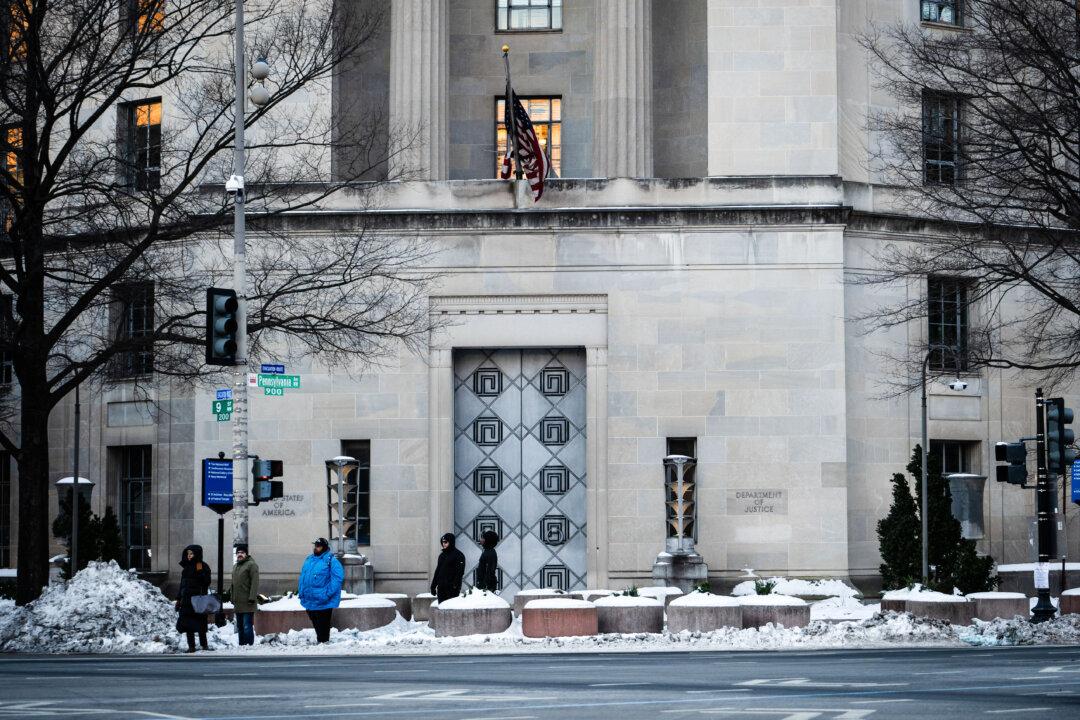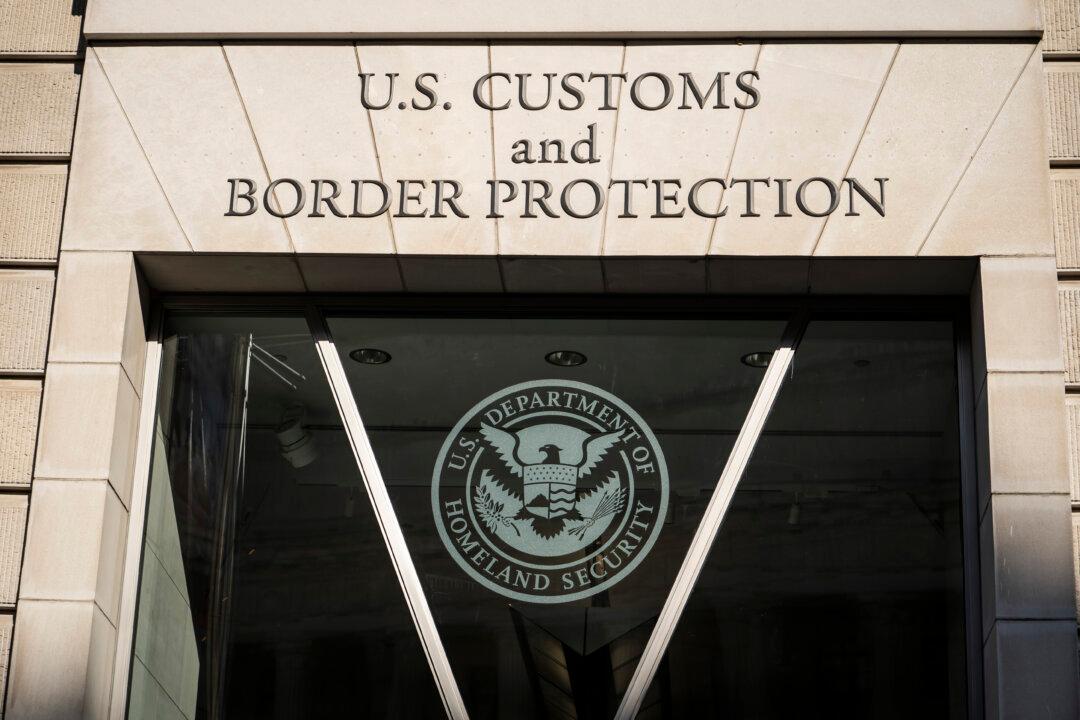Eleven U.S. senators from both sides of the aisle have jointly signed a letter calling for a ban of solar products made by Chinese tech giant Huawei.
The letter, addressed to U.S. Secretary of Energy Rick Perry and Secretary of Homeland Security Kirstjen Nielsen, stated that solar inverters made by Huawei—which are being utilized in both residential and commercial settings, including homeowners, school districts, and businesses—pose a threat to the country’s critical energy infrastructure.
A solar inverter converts DC (direct current) currents generated by solar panels when they capture sunlight into AC (alternating current) currents, which are then fed into electrical grids. Then, the electricity generated is funneled into household electrical sockets that power one’s everyday appliances like refrigerators and washing machines.
Inverters are often equipped with WiFi connection capability, which allow their users to monitor the inverter’s performance through a software or mobile app. As a result, these inverters are vulnerable to hacking, with the possibility that hackers intentionally shut down inverters to cause an outage or gain access to a Wi-Fi network that the inverters connected are to, according to cybersecurity experts.
Huawei’s solar inverters have WiFi capability.
“Congress recently acted to block Huawei from our telecommunications equipment market due to concerns with the company’s links to China’s intelligence services. We urge similar action to protect critical U.S. electrical systems and infrastructure,” the senators wrote, referring to the federal government ban on use of Huawei equipment as stipulated in the National Defense Authorization Act passed in August last year.
Marco Rubio (R-FL), John Cornyn (R-TX), Richard Burr (R-NC), Mark Warner (D-VA), Jim Risch (R-ID), Dianne Feinstein (D-CA), Tom Cotton (R-AR), Angus King (I-ME), Susan Collins (R-ME), Ben Sasse (R-NE), and Mitt Romney (R-UT) signed the letter dated Feb. 25, according to a press release from Rubio’s office.
“Our federal government should consider a ban on the use of Huawei inverters in the United States and work with state and local regulators to raise awareness and mitigate potential threats,” the senators suggested.
The senators urged Secretaries Perry and Nielsen to work with “all federal, state and local [utility] regulators, as well as hundreds of independent power producers and electricity distributors to ensure our systems are protected.”
This is not the first time U.S. officials have raised concerns about solar products made by Huawei.
In January, the Financial Times reported that Tom Marino, who was a Republican House of Representative from Pennsylvania before resigning weeks later, wrote a letter to Secretary Perry, stating that “[Huawei’s] entrance into large-scale and residential solar markets may pose a threat to our nation’s infrastructure.”
Huawei’s “smart energy” solutions for businesses and homes, including those for solar systems, also give the company access to large amounts of sensitive data.
In February 2018, the U.S. Council of Economic Advisers, which conducts economic research to advise the White House, named utilities as one of the critical U.S. infrastructure vulnerable to cyber attacks.
Huawei is one of Beijing’s “national champion” companies and has strong ties to the Chinese military.
The Chinese regime has pushed for aggressive development of its solar energy sector.
Last year, Beijing unveiled a new strategy, called China Standard 2035, in an effort to dominate patents and global technical standards across different tech sectors, including artificial intelligence, big data, and solar photovoltaics.





